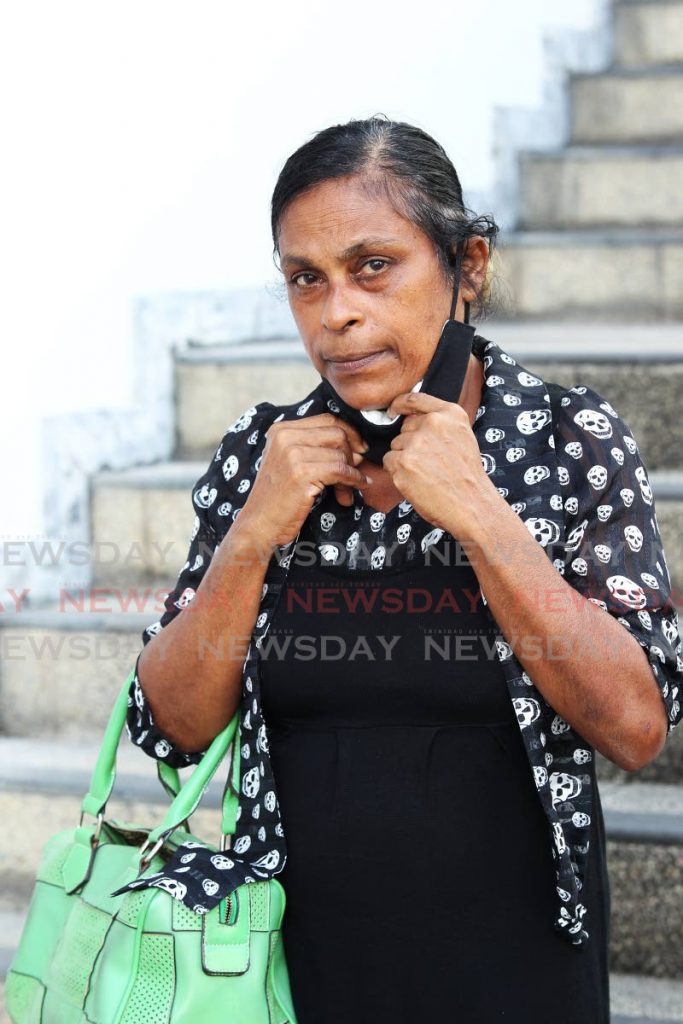Delay shame – a call for action

THE EDITOR: “For 15 years I waited, and wondered. Would it be the next month? Because people asked me all the time what happening with the case. I have to say he was not my son alone, he was everybody’s son, because everybody could see the potential danger with their child, and what could possibly happen…When I see that man (Randolph Bharatt, father of Andrea Bharatt), all I could think about was the pain he was feeling. And I just held on to that man and cried for him, because I know that pain now started for him.” – Pauline Bharat, mother of Sean Luke.
The criminal justice system is in crisis, a crisis which has existed for decades and has been worsening, year after year.
We have a covid19 crisis and every week there are media conferences, sometimes twice in one week. The public officials in charge and with the relevant expertise update us on the facts, the state of play, and tell us what they are doing to make things better. They take questions from the media.
When was the last conference on the state of the criminal justice system? When have the major players – the Attorney General, the Chief Justice, the Director of Public Prosecutions – sat down and explained the state of play, told us what is being done, right now, to make things better?
From time to time there are shouts into the wind about the plight of prisoners on remand, locked up and forgotten with no trial date in sight. It seems we as a country either don’t care about their suffering (many people probably assume they are guilty anyway, so let them rot) or we have become desensitised and accepting of the status quo. Or a little bit of both.
But we fail to appreciate the bigger picture: how the failures of the criminal justice system affect not only the men locked away without any finding of guilt, but all of us, and the mindset of society as a whole.
A prisoner on remand has a family and a community who see him as one of their own. How do these people feel when their family member or member of their community is caged for years and years without a trial? Do they see the State as a protector or as an uncaring monster.
Does anybody care about the victims? We have young children being abused before adolescence and giving evidence against their attacker well into their 20s and 30s. How can any healing take place? How could Pauline Bharat, and other mothers like her, who had to endure 15 years of uncertainty surrounding the fate of her son’s killers, find be healed?
But it’s not just the victims and their families, as Pauline Bharat has pointed out. We all see the potential danger for our own families, and we all have to wonder what kind of justice we will receive if, God forbid, something terrible should happen to us or someone we love. Will the State be our protector? Will we get justice?
I encourage all citizens who are affected by these inexcusable delays, whether accused people and their families or victims and their families, to let your voices be heard. Write a letter to the editor of this newspaper, call the radio stations. If you are able to, let your story be heard in whatever way you can.
And all right-thinking people should call on those in authority to finally take this issue seriously and devote the necessary energies and resources to turning the tide of injustice. As a start, let us demand a weekly media conference on the criminal justice system.
LEE MERRY
via e-mail


Comments
"Delay shame – a call for action"